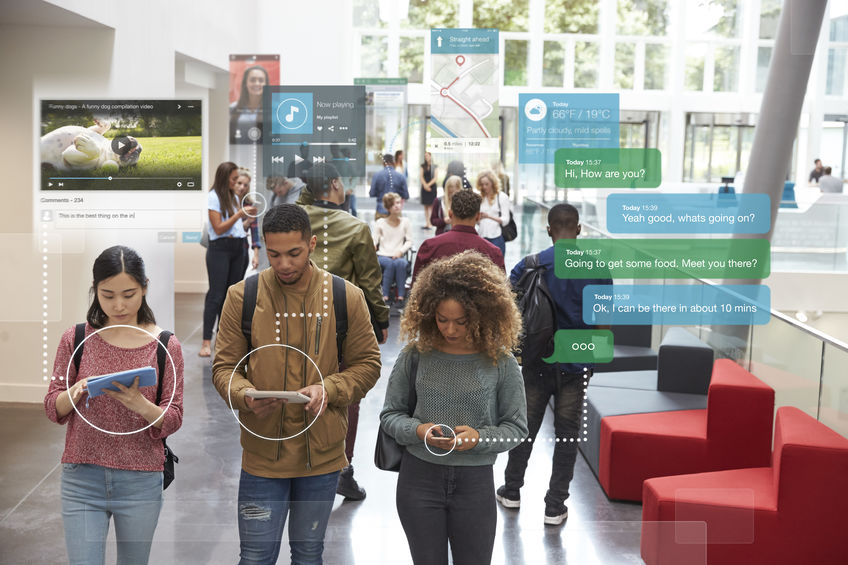How Should You Respond When
You’re Unfriended on Social Media?
By Candace Smith Etiquette.

Social media allows us to feel connected with others and the world in one way or another. “Friend” is a word that is used loosely, but the deep-seated meaning of friendship is bound to power many of our feelings of online friendship. We naturally want people to “like” us.
No one enjoys the feeling of rejection, exclusion or being passed over. When you learn that someone has unfriended you or hasn’t accepted an invitation to connect on social media, you might feel tempted to say something or try to find out why, especially if you’ve had prior connections with that person in some way.
Is the reason for an unfriending or unfollowing worth pursuing? Maybe not.
Being Unfriended Can Be Traumatic
Professor Christopher Sibona, University of North Carolina, Wilmington, a long-time (2010) researcher into the phenomena of “unfriending,” thinks that those who find themselves unfriended might be taking social media too seriously, but admittedly, many people report suffering psychological distress. The closer or stronger a person is in perceived relationship with someone online, the more traumatic an unfriending or unfollowing is experienced.
His work supports the idea that social media users might want to consider steering clear of certain topics and behaviors to avoid resentments in being unfriended or feeling it necessary to unfriend others. It is important to remember the virtual nature of social media connections which, while they can seem close, are much more perceptional than in-person connections.
Responding to an Unfriending
I can remember not too long ago on a prominent social media site, two of my “friends” got into a tiff. One person had unfriended the other and when the unfriended person noticed, he was angry. He confronted the now ex-friend directly online — in front of everyone else.
Of course, there isn’t anything a person can do to prevent the experience of being unfriended, unlinked, or unfollowed, nor can you do anything if a person you’ve invited to connect doesn’t accept.
Invalidating the other person can have unintended consequences and you’ll most likely never know why exactly you were unfriended anyway.
The best response you can have is to check your online etiquette-fulness and give yourself peace of mind that you are not the issue. What impressions have you been making on social media? Are your posts guilty of any of these?
- Angry, confrontational, emotional
- Polarizing, inappropriate topics
- Too frequent or infrequent posting
- Sarcasm regarding people, causes, or groups
- Gossip relating to other friends
If none of the above apply to you, know that the person who unfollowed you probably has her own reasons for doing so, and this is out of your control. If you know her personally and maintain communication outside of social media, you might casually and discreetly ask what happened:
“Marjorie, I haven’t seen any posts from you lately. Have you taken a break?”
Your friend may realize a mistake was made or may share a valid reason for the disconnection. Either way, your acceptance of the situation is called for.
Reassess Your Social Media Participation
If you’re becoming emotional when it comes to social media, it might be a good idea to re-consider your reasons for participating. And, the bottom line is, if it’s no longer fun, you might decide to take a hiatus for the time being.
During the pandemic, when we are forcibly and voluntarily isolating, yet at the same time technologically connected every moment of the day through internet channels, our feelings of disconnect can leave us short-fused. We can forget where we are, what conversation we are in.
What better time to re-assess our means of communicating etiquette-fully through social media. Before posting anything, here are a few questions to ask yourself:
- Why am I about to post this? Is it informational?
- Am I being friendly?
- Would I say this face to face?
- Is it respectful to any or all of my “friends” up close and far away?
Asking yourself the time-tested questions of “What’s it like to be on the other side of me?” and “What’s it like to be in that person’s shoes?” might give you just the answers you need to gain confidence and re-engage with your better self on social media.
https://www.candacesmithetiquette.com/






